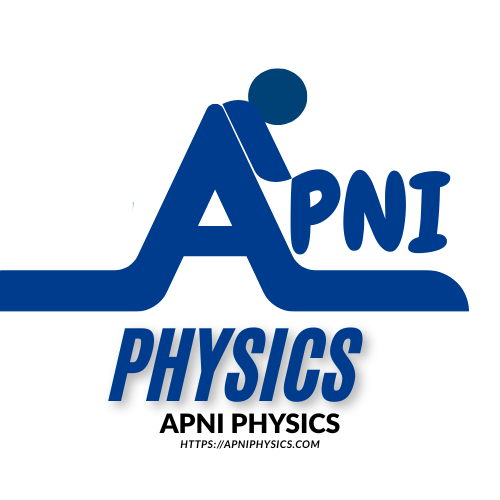Introduction:
Advancement in technology has opened, the door in education, not only in terms of learning by simulations, animation, and through virtual labs but has also advanced the mode of content delivery through digital pen using different software and hardware, like classroom presenter 3, lesson pad with a graphics tablet, PhET Simulations, etc. The traditional black/whiteboard with chalk/marker has been changed in digital instruments.
In the present time, the teacher doesn’t need to give an analogy of a physical concept to the students, to make the concept clear of 2D or 3D pictures in the classroom. Now, technology uses have made possible, to provide representations of the physical concepts in its true form. Also, many of the academic institution’s pace is not as fast as expected by industry or industrial technology expect. There is a big gap in demand and expectations between the industry and the academic institutions for technology. On the other hand, one can say this is a reflection of the weakly designed curriculum of the academic institution (s) too.
The synchronization between the curriculum designed by most academic Institutions and the pace of industry development is the most challenging job in the socio-economical development of the country. In the present time, Institutions should design curriculum with an interdisciplinary approach, so it can help software developers to understand the sciences and scientists to further understand the software languages/hardware along with technology, to work together in a team of various field experts. Institutions observe the possibilities of development, in specific areas/sections of the society and cope up with the industry by establishing adequate authentic research & development cells in their institutions.
Technology usage in the classroom is very limited, its level of use changes abruptly from the metro to the village’s academic institutions, in the Country. The Information and Communication Technology meaning is taken in terms of the installation of Projectors (for the PPTs) and Computers (with or without Internet/Networking) in the classroom (s). In the present time, where technology is changing the lifestyle of people at a fast pace e.g., smartphones are playing an important role in our daily life. Technology is not taking noticeably position and momentum in our present education system. Globally mobility of students has increased across the national and international borders for higher education.
No doubt, the educational industry has taken the initiative to provide technology in terms of the animation approaches for lower classes but we are lacking at graduate and post-graduate levels of science students, where they can learn more about the subject from it significantly. The simulations of physical concepts, virtual labs are needed for the scientific growth of the students. Enhancement of our technical strength in the education system at all levels is not only a challenge but our requirement also for the present education system in the 21st century.
Objectives:
1. To Introduce/Enhance/Practices of the digital pen using different software and hardware, like classroom presenter 3, lesson pad with a graphics tablet and PhET Simulations, etc.
2. To introduce/Enhance /Practices of smart mobile phones in labs to perform the experiments and note-making purposes.
3. Develop physical lab instruments, experiments, and activities in the virtual labs. A concept of virtual LAB in terms of animations and simulations and uses of available resources like MOOCs.
4. To learn video editing, graphics, the script for video program
5. Search the possibility of interdisciplinary contents and development of the interdisciplinary courses at graduate levels.
6. To train for Video lectures preparation on the IMPARTUS innovation platform (http://impartus.com/)
7. To Introduce Social media, YouTube, Bloggers and Word Press, etc, and its role in education.
Thank you for reading this post, don't forget to subscribe!
Who Should Attend the Workshop?
Research Scholars, faculty, and scientists engaged in the field of Science would benefit from this workshop. Postgraduate students and teachers who are looking towards a career in the field of innovative teaching with technology should attend. Don’t miss this opportunity to get some great help in your profession on taking your next step.
The workshop is dedicated to practices with technical tools, cloud-based collaboration, polls and online teaching.
Important Dates:
June 1, 2017 Registration open
Members of Executive Committee/Speaker:
Prof. Archna Sharma CERN, Switzerland.
Prof. D. K. Srivastava VECC, India
Prof. G. S. Randhawa IIT Roorkee, India
Prof. Satyanarayana Bheesette TIFR, India
Prof. A. K. Jain IIT Roorkee, India
Prof. Deepak Garg Bennett University, India
Prof. P. K. Tulsi NITTTR, Chandigarh, India
Prof. K. Dharamvir Panjab University, India
Dr. Sushil Kumar Chitkara University, India
Er. Anshul Omar Impartus Innovations, India



